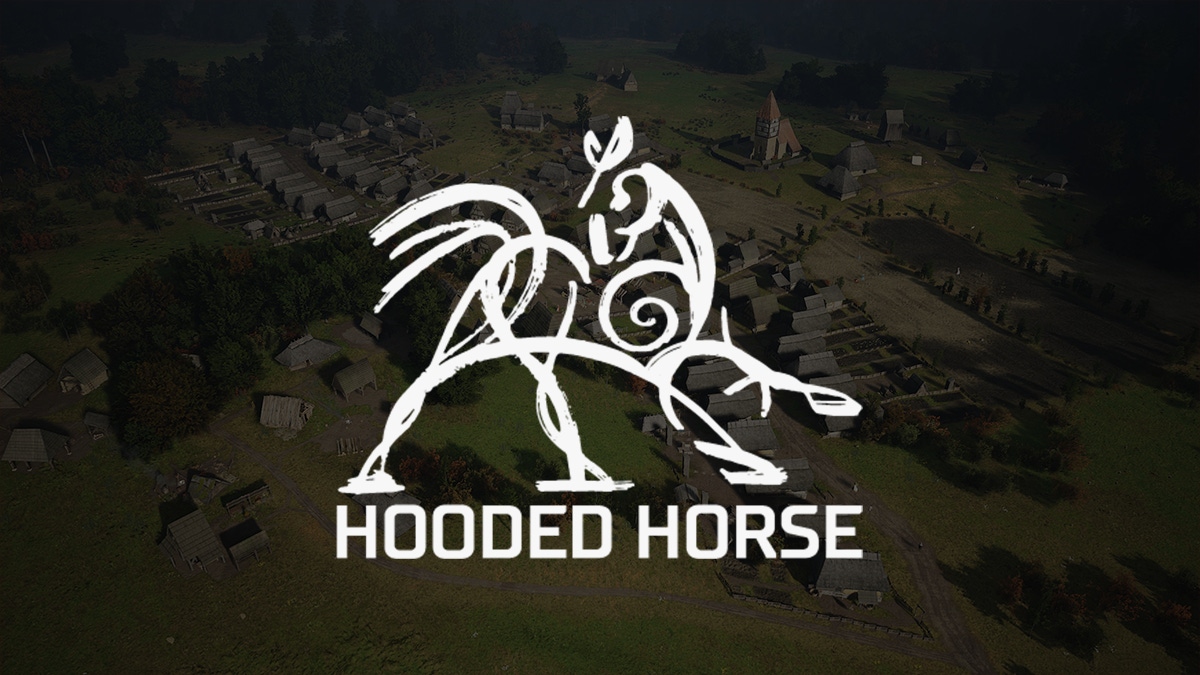Trending
Opinion: How will Project 2025 impact game developers?
The Heritage Foundation's manifesto for the possible next administration could do great harm to many, including large portions of the game development community.
"When I talk to [developers] I tell them it's a little unfair to judge us by Manor Lords: in the way that you're being way too favorable towards us."

Deciding whether to work with a publisher—and then finding the right partner—is a huge decision, so how can developers make the right call? Tim Bender, co-founder and CEO of Manor Lords publisher Hooded Horse, believes it's imperative to avoid becoming wrapped up in another company's success. Instead, look at how publishers treat projects that perhaps underperformed.
It's pretty bold advice coming from Bender, whose own company recently delivered huge results with Manor Lords. The strategic medieval city builder amassed over 3.2 million Steam wishlists and topped 2 million sales in under three weeks with Hooded Horse at the wheel, but Bender emphasized that project is a clear outlier–not the norm.
"When I talk to [developers] I tell them it's a little unfair to judge us by Manor Lords—in the way that you're being way too favorable towards us," says Bender. "Publishers shouldn't be judged by their biggest hit. In the end, I think the best way to judge a publisher is by the spread of all of their games. How they treat their games that went badly.
"If you want some number that reflects the larger stuff, look at the median [performance]. But not the mean, because the average can always be dragged up by those big hits–but the median is telling. Really, it's the consistency across their [portfolio] and how they worked on those games that didn't perform too well. How they support those developers and whether they stand by them."
Bender explains devs should also be wary of publishers "operating in a predatory or opportunistic way," especially in the world of indie publishing. How can you identify those bad actors? He says one warning sign to look out for is publishers that essentially fire from the hip.
"You know, [there are publishers that will] sign five games. Four will flop. One will succeed. And they forget about the flops and put all of their efforts into the one that's perceived as having the highest ROI," continues Bender. He suggests that practice is "way too common" and can lead to titles and developers with genuine potential being prematurely kicked to the curb.
Researching before signing on the dotted line, then, is vital. Bender advises developers to use a website called Gamalytic to perform background checks on publishers ahead of time.
The site is pitched as a tool to "help indie developers with market research and marketing," letting them view the total estimated revenue, median revenue, and average revenue publishers have delivered across their entire portfolio. It's also possible to browse a company's entire portfolio, highlighting the entire breadth of performances from top to bottom.

Bender claims the site is "so accurate," which is a rather compelling testimonial given he's well placed to compare Gamalytic's estimates with, say, Hooded Horse's actual numbers. He concedes it still occasionally gets some things wrong, but says the figures it throws out are "pretty damn impressive." Gamalytic itself claims 77 percent of its estimates are within 30 percent margin of error, while 98 percent are within 50 percent margin of error. "At an aggregate level, estimates were 99 percent accurate," adds the site.
When analyzing those figures, Bender says developers need to look for signs of "consistent performance." Every studio wants to be the one to reach the summit, but it's sensible to acknowledge that you're more likely to fall somewhere in the middle.
"I always share this tool, and I say with any publisher you're talking to, look them up here. Then I stress 'do not judge them on the big hit.' Just like I say [to our potential partners] 'don't look at Manor Lords.' I think we helped that game, but it's totally unprovable. It's the one big one," he adds.
"You want to look at the median performance. Look at what happened when something didn't go perfectly, and make sure they're doing what they should be doing there."
You can hear more advice from Bender, including his views on recoup clauses, right here.
You May Also Like